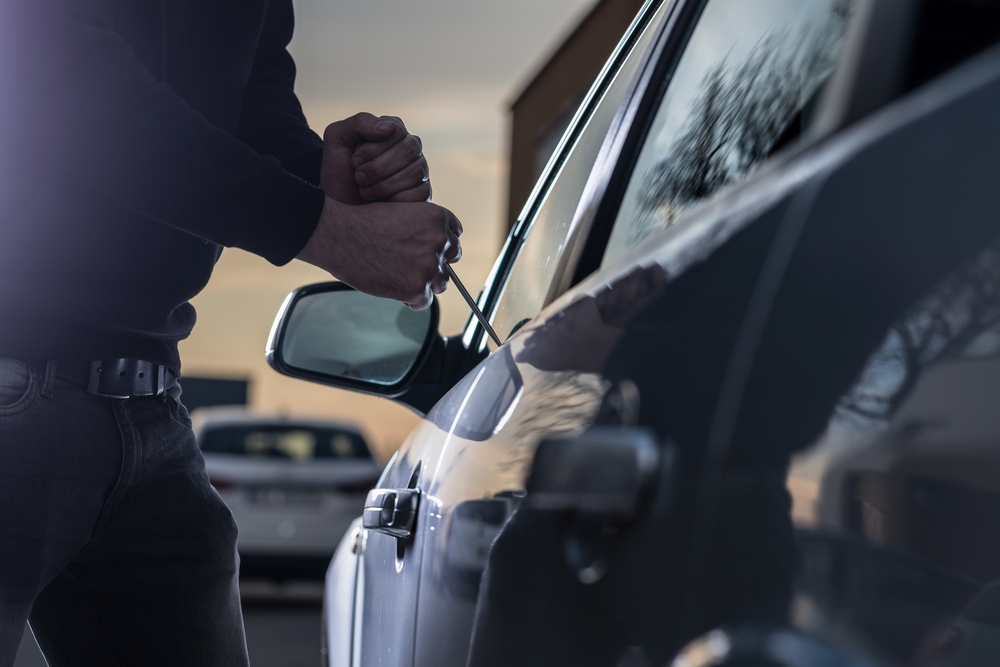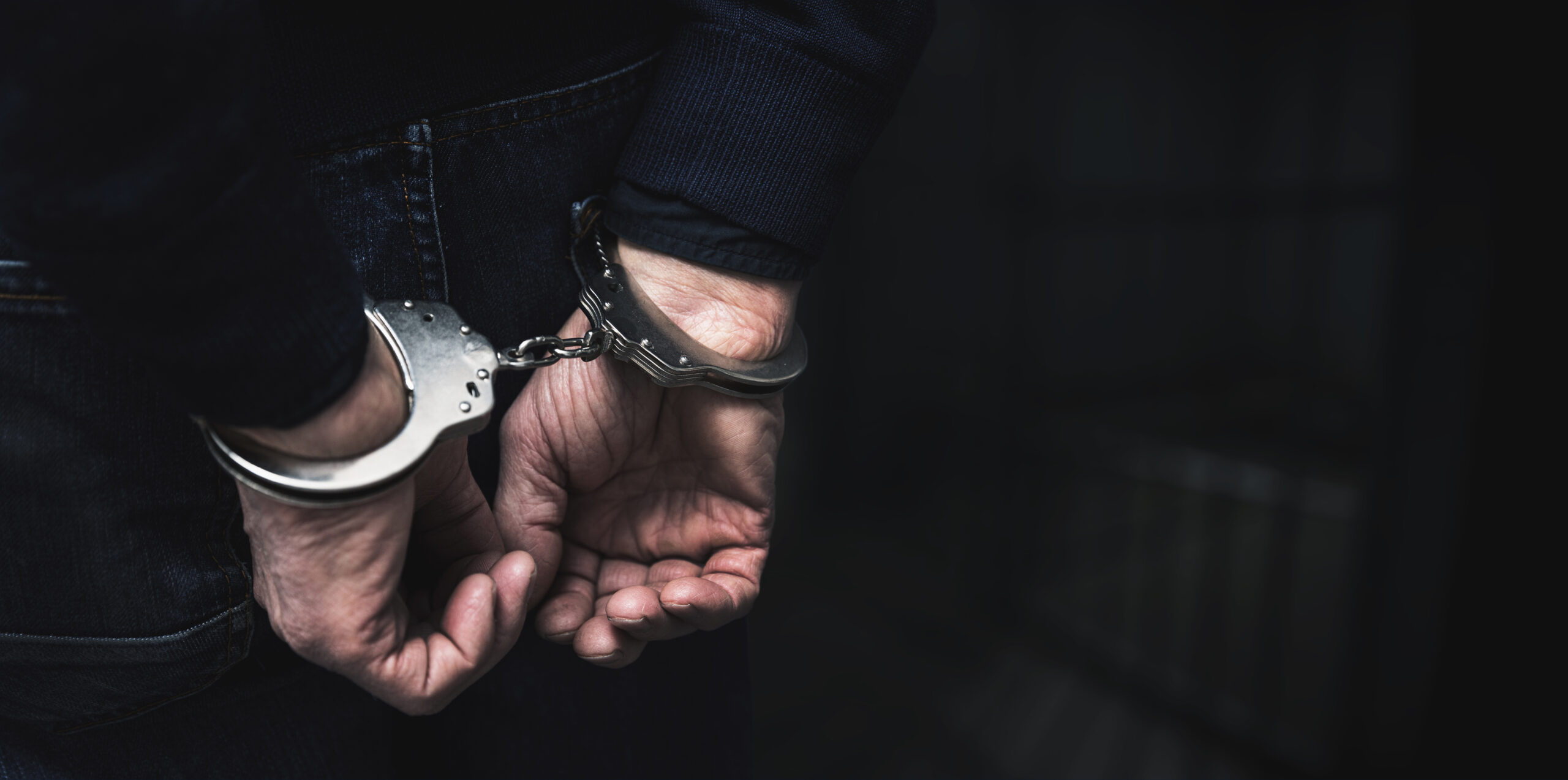Yes, you can be charged with theft without evidence because you can control or transfer property without a paper trail. For example, you might steal a car and leave it with a junkyard that proceeds to break the vehicle into pieces. Circumstantial evidence can place you in the car and even surmise that you brought it to the junkyard, even if there is no concrete evidence you committed this crime.
If the victim claims that you are exercising unlawful control over a bank account or funds that cannot be traced, you may be charged with theft based on the victim’s word and circumstantial evidence.
Our Montgomery County theft crimes lawyer can protect you against criminal charges like these.
What Evidence Is Needed in a Theft Case?
Even if they do not have the items you allegedly took, law enforcement may build a case against you based on the following types of evidence:
- Eyewitness testimonies
- Surveillance footage
- Past accusations of theft
To counter this evidence, our theft attorney might speak to witnesses who can verify your own version of the story. We can work to prove your innocence by undermining the credibility of the prosecution’s witnesses or locating the stolen items.
What Are Your Rights After an Arrest for Theft?
After you are arrested, you are subject to what are known as Miranda rights. In fact, the police are now required to “Mirandize” you during an arrest so that you are advised of your rights.
According to the landmark Supreme Court decision Miranda v. Arizona, the Court found that your Fifth Amendment rights exist outside of the courtroom, meaning that Mr. Miranda should have been told what his rights were at the time of his arrest. Your Miranda rights include the following:
- You have the right to remain silent.
- You have the right to an attorney.
- The court will appoint an attorney to you if you cannot afford one.
If you are not advised of your rights, our law office can use this fact to argue for the dismissal of your theft charges.
How Does the Law Define Theft?
Under 18 Pa. C.S.A. § 3922, you can be guilty of theft if you intentionally obtain or withhold property through the act of deception. This means that the defendant created a false impression in the mind of the victim, prevented the victim from obtaining their property, or took the property outright.
Note that each of these actions involves intent. If there is a lack of intent—in other words, if the defendant accidentally acquired or carried away property that was not theirs, perhaps while under the impression that they had a right to do so—theft laws say that this does not count as theft.
Under Pennsylvania’s statutory definitions, there can be:
- Theft by taking
- Theft by unlawful disposition
- Theft by deception
- Theft by property loss
- Receipt of stolen property
- Theft by not making proper disposition of funds
- Unauthorized use of vehicles
- Retail theft
- Library theft
- Theft of trade secrets
- Theft of unpublished writing or compositions
- Theft of leased property
- Theft of a motor vehicle
- Theft of secondary metal
Allegations of theft do not require physical evidence. You could be arrested, charged, and convicted even if the police never find the items you allegedly stole. It is a good idea to hire our criminal defense attorney as soon as possible to protect you against a negative outcome when facing charges like those listed above.
How Does the Law Define Property?
The commonwealth of Pennsylvania defines property as “anything of value.” Property may be either tangible or intangible, and movable or immovable. For example
- If the accused takes property and moves it to a new location, they can be charged with theft.
- If the accused transfers or exercises “unlawful control” over immovable property (e.g., real estate), this is still theft, even though the crime looks different from the traditional idea of theft.
- If the accused steals another person’s identity for any purpose, this is identity theft under 18 Pa. C.S.A. § 4120.
What Is the Prosecution’s Burden of Proof in Theft Crime Cases?
A theft accusation and a theft conviction are two very different things. The authorities might believe that you have committed a crime, but that does not mean they have enough evidence for a conviction. Police departments often hope you will confess, which is why you should exercise your Fifth Amendment rights during questioning.
A court of law must prove beyond a reasonable doubt that you committed this crime. When you retain legal counsel from our law firm to protect you, we provide a vigorous defense that casts doubt on the prosecution’s case, regardless of what evidence they do or do not have.
What Can You Do to Fight Theft Charges?
After your arrest, you can hire our theft attorney to help you prove your innocence. You should not speak to anyone without your lawyer present, and you can provide us with information that better explains the situation or gives you an alibi.
Can Your Theft Arrest Record Be Expunged?
When you are found not guilty or charges against you are dropped, you have the option to request that your criminal record be expunged. In some cases, you can seek expungement even if you are convicted.
The Pennsylvania State Police explains the criminal expungement process, which involves the following steps:
- Complete Form SP 4-170.
- Mail the form and any other required materials to the Central Repository.
- Wait to receive your arrest record
- Contact the local court clerk to have your record expunged.
This process is often simpler when our theft attorney sends all the documentation on behalf of clients.
Call for a Consultation With Our Defense Law Firm Today
When you are charged with theft without evidence, contact McKenzie Law Firm, P.C., for a free consultation. We can review your rights and discuss how to best defend you against these charges.



